Facing the Challenges of Operating Heavy Towing Services
Running heavy towing services is a responsibility that demands skill, dedication, and a commitment to safety. Operators often deal with more than just stranded cars—they're called to handle overturned tractor-trailers, construction equipment, and complex roadside recoveries. Each call presents unique obstacles, and success depends on preparation, training, and teamwork.
The towing industry plays a critical role in keeping roads safe and traffic flowing. From busy highways to remote job sites, the demands are constant, and the stakes are high. Without professional operators ready to respond, accidents and breakdowns would create major delays and hazards for other motorists. In this article, the challenges of operating heavy towing services are explored, along with the strategies companies use to overcome them.
Challenges in Building a Skilled Workforce
Heavy towing requires operators who are more than just drivers—they must be problem solvers with the knowledge to handle high-pressure recoveries. Towing tractor-trailers or buses is not the same as moving a sedan. Operators need to know rigging techniques, understand weight distribution, and work confidently with powerful equipment such as rotators and recovery trucks.
Recruiting qualified professionals can be difficult, which is why training is so important. Many companies invest in ongoing education, certifications, and mentorship programs to keep operators prepared for demanding jobs. Beyond technical skills, customer service and communication are equally critical. Operators are often the first point of contact with stressed or anxious clients, so professionalism and patience matter as much as technical expertise.
Challenges in Maintaining Safety Standards
Every heavy towing call brings safety risks. Whether setting up on a congested highway or responding in poor weather, operators face unpredictable conditions. They must use proper signaling, position vehicles carefully, and remain alert at all times.
Fatigue also poses risks. According to Corvisco & Saile, truckers should take a 30-minute break after eight consecutive hours of a shift. The same principle applies to towing professionals, who often spend long hours on call. Companies that encourage breaks, enforce protocols, and invest in high-quality safety gear create a safer environment for both workers and motorists.
Regular safety reviews are also key. By analyzing past incidents—both within a business and across the industry—operators can adapt new practices that reduce risks and improve outcomes on future jobs.
Challenges in Meeting Regulatory Requirements
Compliance is a significant part of operating heavy towing services. From driver qualifications and insurance requirements to weight limits and environmental standards, regulations shape every aspect of the job. These requirements vary across jurisdictions, making it essential for companies to stay informed and up to date.
For example, recoveries involving hazardous materials demand careful handling. Mishandling fuel spills or damaged cargo could result in fines, environmental harm, or legal consequences. Businesses that maintain compliant fleets and monitor changes in regulations are better equipped to provide reliable service while avoiding costly penalties.
Compliance also builds trust. When clients know a towing provider follows industry standards, they have greater confidence that the job will be handled responsibly.
Challenges in Handling Customer Expectations
When a truck breaks down or an accident occurs, downtime directly affects profitability. Fleet managers and drivers expect quick, professional solutions. Customers want fast arrival, efficient recovery, and minimal disruption to their schedules.
Balancing speed with safety, however, is not always simple. Cutting corners may reduce response times in the moment, but it risks greater damage or safety issues later. Many towing providers focus on setting clear expectations, communicating honestly, and updating clients throughout the process. By prioritizing transparency, they reduce frustration while still working carefully and correctly.
Many customers value reliability as much as speed. Even when conditions slow a recovery, professionalism and communication help maintain trust.
Challenges in Managing Financial Pressures
Operating heavy towing services comes with considerable costs. Specialized recovery vehicles and rotators can cost hundreds of thousands of dollars, and maintenance, fuel, and insurance add ongoing expenses. Hiring and retaining skilled staff also requires competitive compensation.
For smaller businesses, delayed payments from insurers or commercial accounts can add financial stress. To manage these challenges, many providers diversify their services by offering equipment transport or recovery for construction machinery. Careful budgeting, efficient fleet management, and strategic financial planning are essential for keeping operations sustainable.
Well-maintained equipment also reduces downtime and prevents costly emergency repairs, helping companies stay financially stable while continuing to serve customers reliably.
Challenges in Adopting New Technology
Technology has transformed the towing industry, improving dispatching, communication, and tracking. GPS systems, fleet management software, and mobile apps allow operators to respond faster and keep clients updated in real time.
However, adopting new technology requires training and investment. Some operators are hesitant to change long-standing practices, and reliance on digital systems can create vulnerability to outages or cyber threats. Businesses that strike a balance—embracing useful innovations while maintaining backup systems—are best positioned to handle emergencies without disruption.
Beyond efficiency, technology enhances accountability. Digital inspection tools document vehicle condition, while dashcams provide evidence in case of disputes. Automated maintenance reminders also reduce breakdowns, ensuring fleets remain reliable. Though implementation can be costly, these systems often pay for themselves by improving safety, customer satisfaction, and long-term performance.
Challenges in Preventing Operator Fatigue
Long shifts and unpredictable schedules are part of the towing industry, but fatigue is one of the greatest risks operators face. Calls may come in at night, on weekends, or during holidays, leaving workers with little time to rest. Without adequate recovery, performance declines and safety concerns increase.
Scheduling practices that encourage rest are critical. Companies that provide regular breaks, rotate shifts fairly, and promote healthy habits help operators stay alert and capable on the job. Supporting workers with access to meals, rest facilities, or time off also helps reduce stress and fatigue.
Protecting operators from exhaustion ultimately protects customers too, since a well-rested professional is more capable of performing safe and efficient recoveries.
Challenges in Competing Within the Market
The towing industry is highly competitive, with many providers vying for contracts. Price is often a deciding factor, which can lead to a race to the bottom that threatens profitability and service quality.
Instead of relying solely on pricing, successful companies focus on building long-term value through reliability, professionalism, and partnerships. Relationships with trucking companies, insurance providers, and law enforcement create steady business and build reputations for quality. Marketing efforts, strong branding, and community engagement also help towing providers stand out in crowded markets.
Consistency is key. Businesses that deliver dependable heavy towing services time after time develop loyal customers who return whenever the need arises.
Operating heavy towing services comes with significant challenges—from safety hazards and strict regulations to financial strain and customer expectations. Success in the industry depends on how well these challenges are managed. Companies that invest in training, adopt technology thoughtfully, and prioritize safety are better equipped to meet customer needs while maintaining long-term sustainability.
Heavy towing may never be easy, but with skilled operators, proper planning, and a commitment to professionalism, it is possible to deliver dependable results every time. For businesses, fleet managers, and drivers alike, professional towing services remain an essential resource when the unexpected happens. When handled correctly, heavy towing not only restores mobility but also promotes safer roads for everyone. Get in touch with Girardi's Towing, Heavy Haul & Crane today! We'll be here to answer your questions when you're interested in our high-quality services.

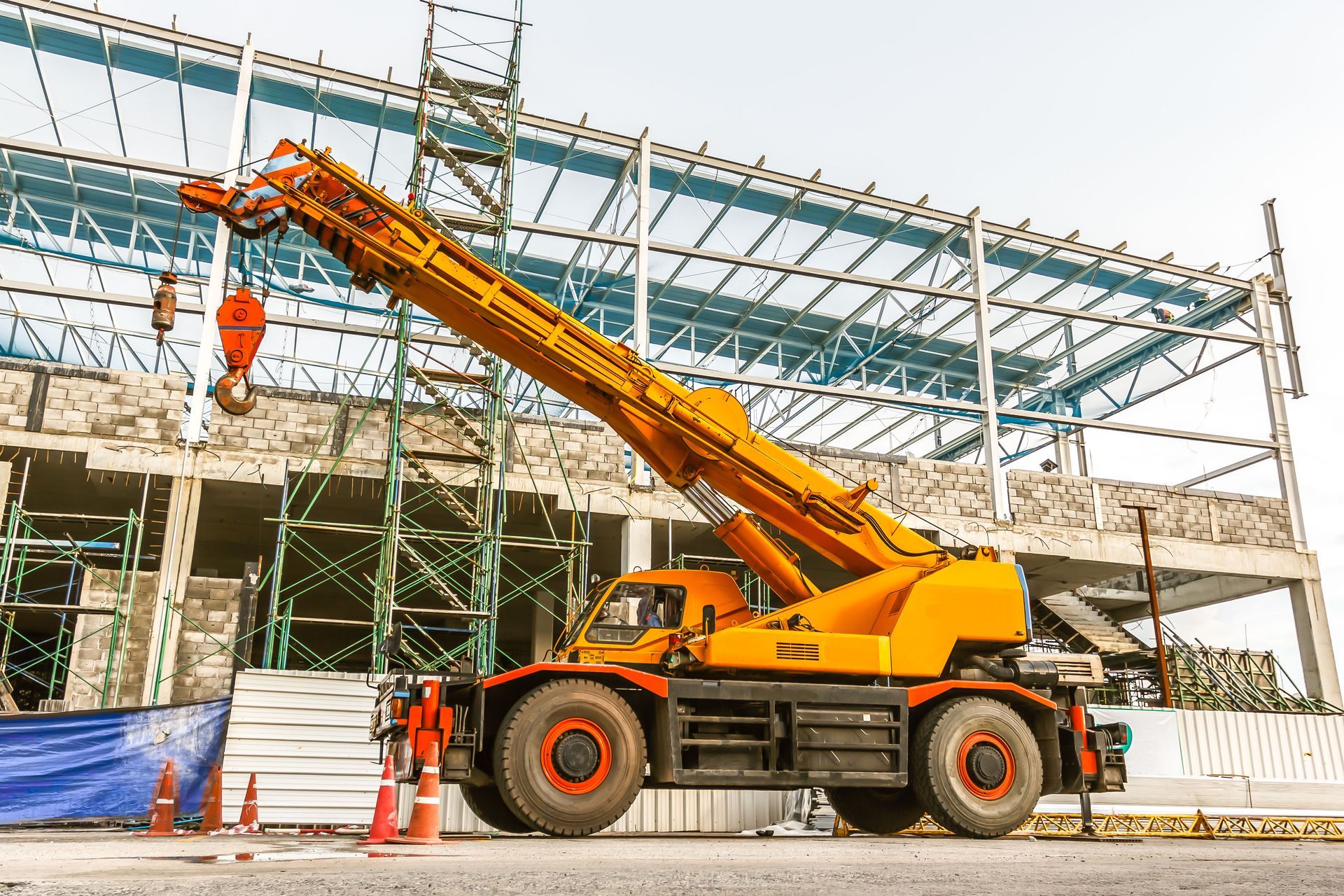

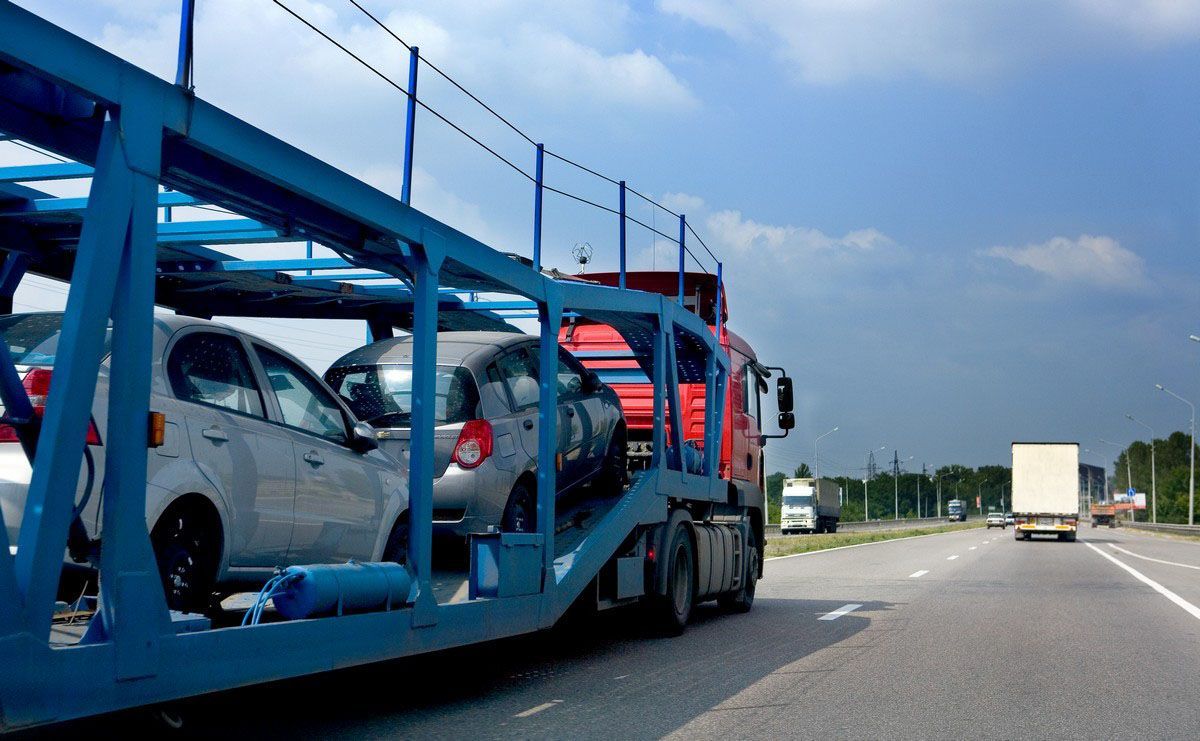
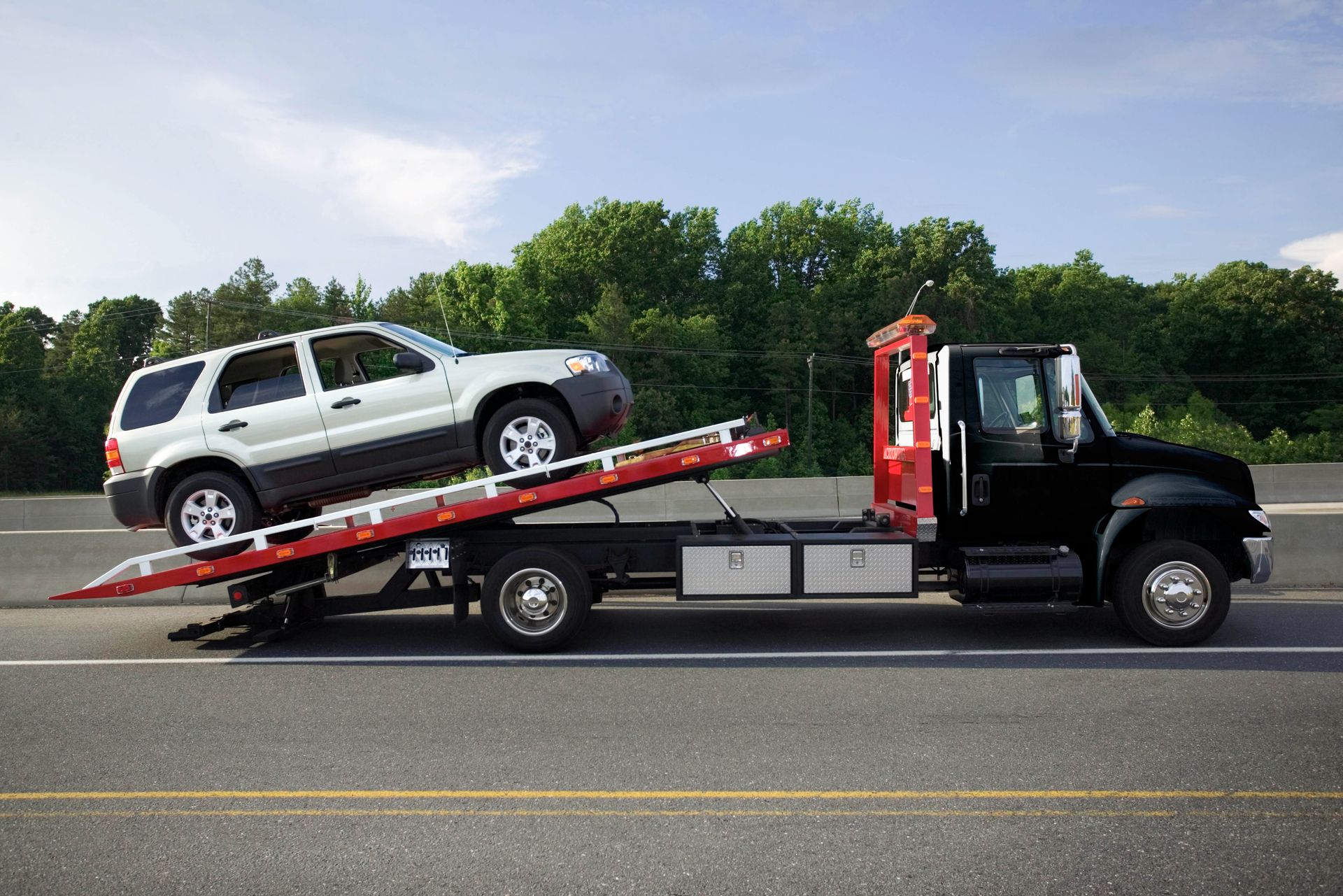
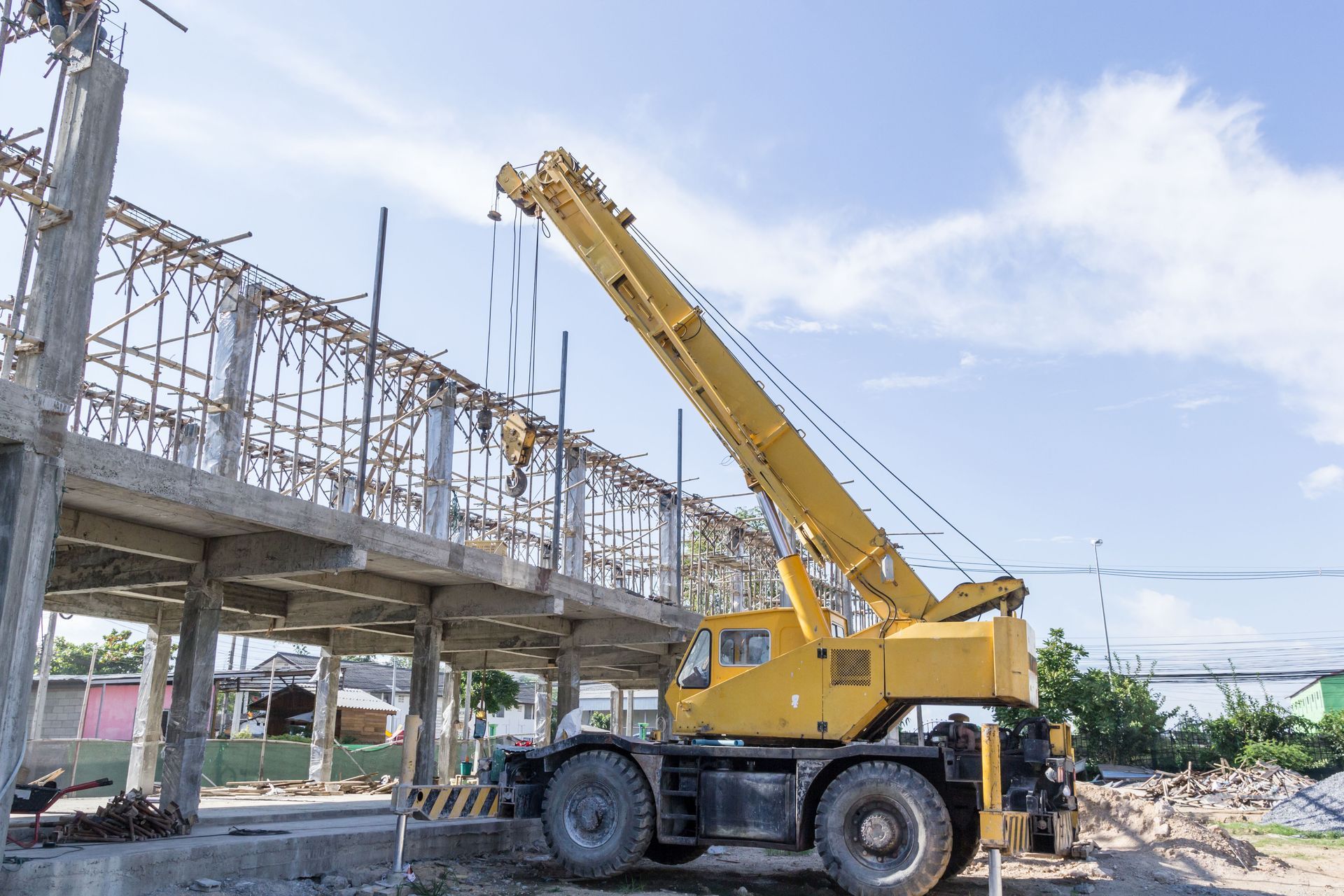

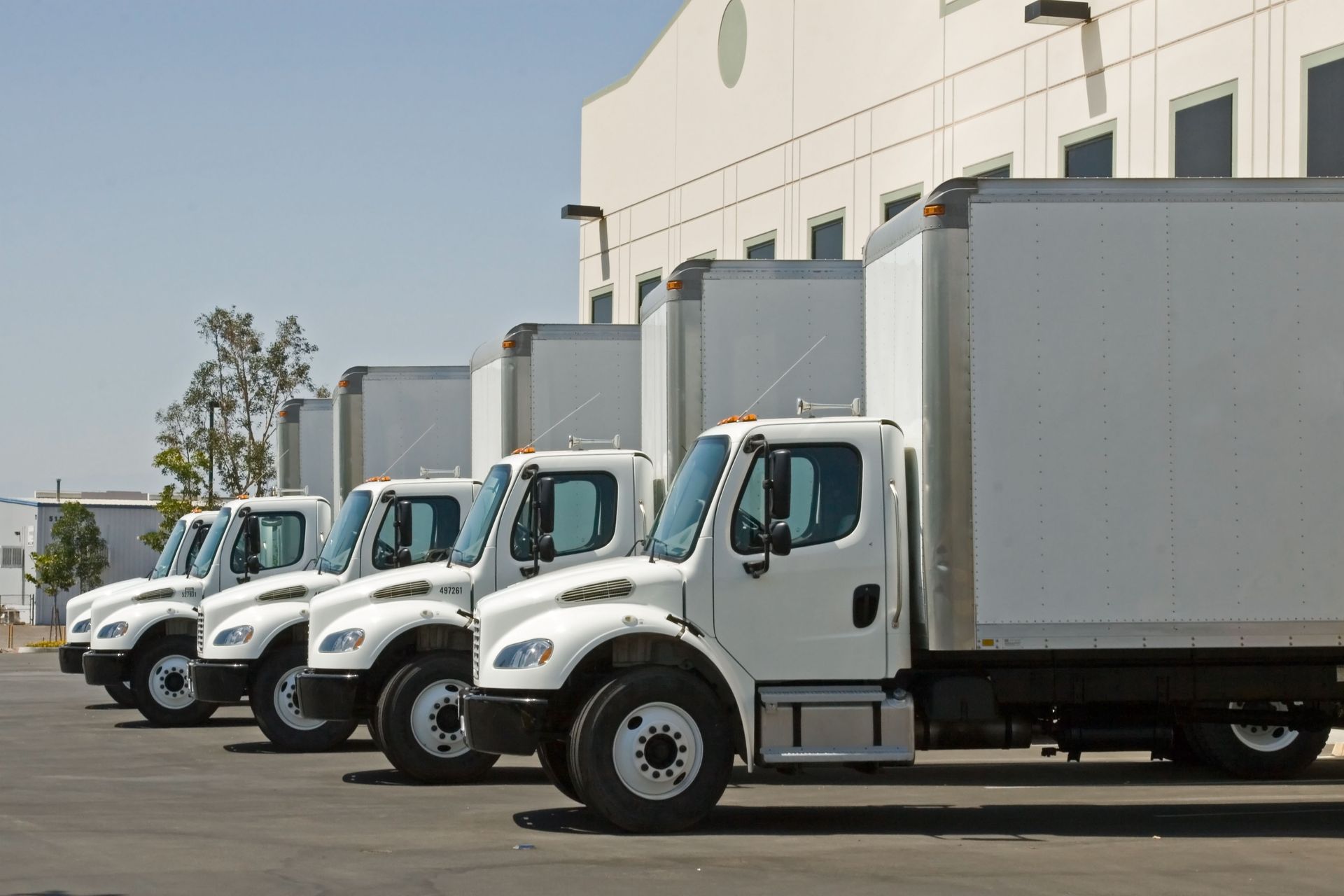
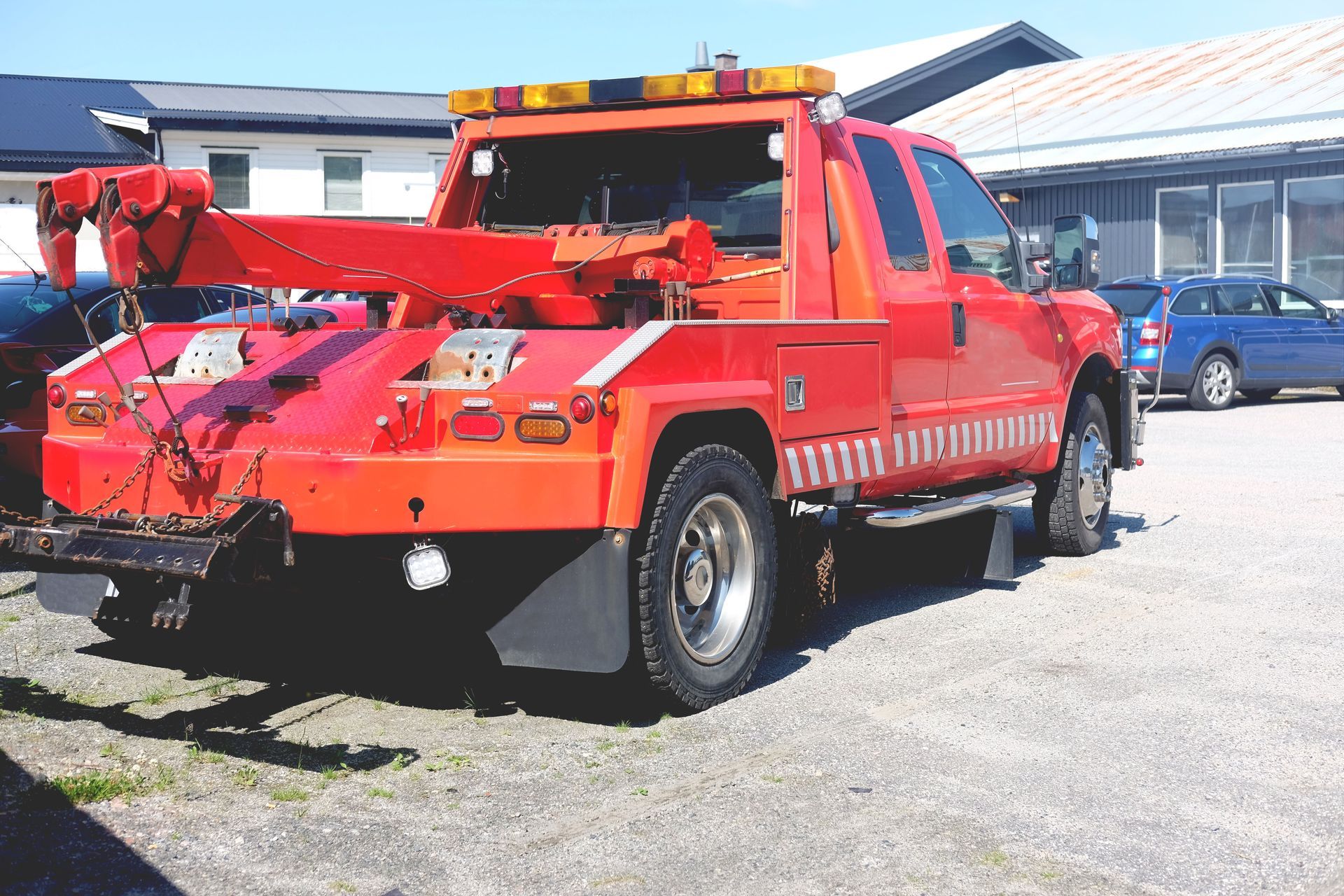
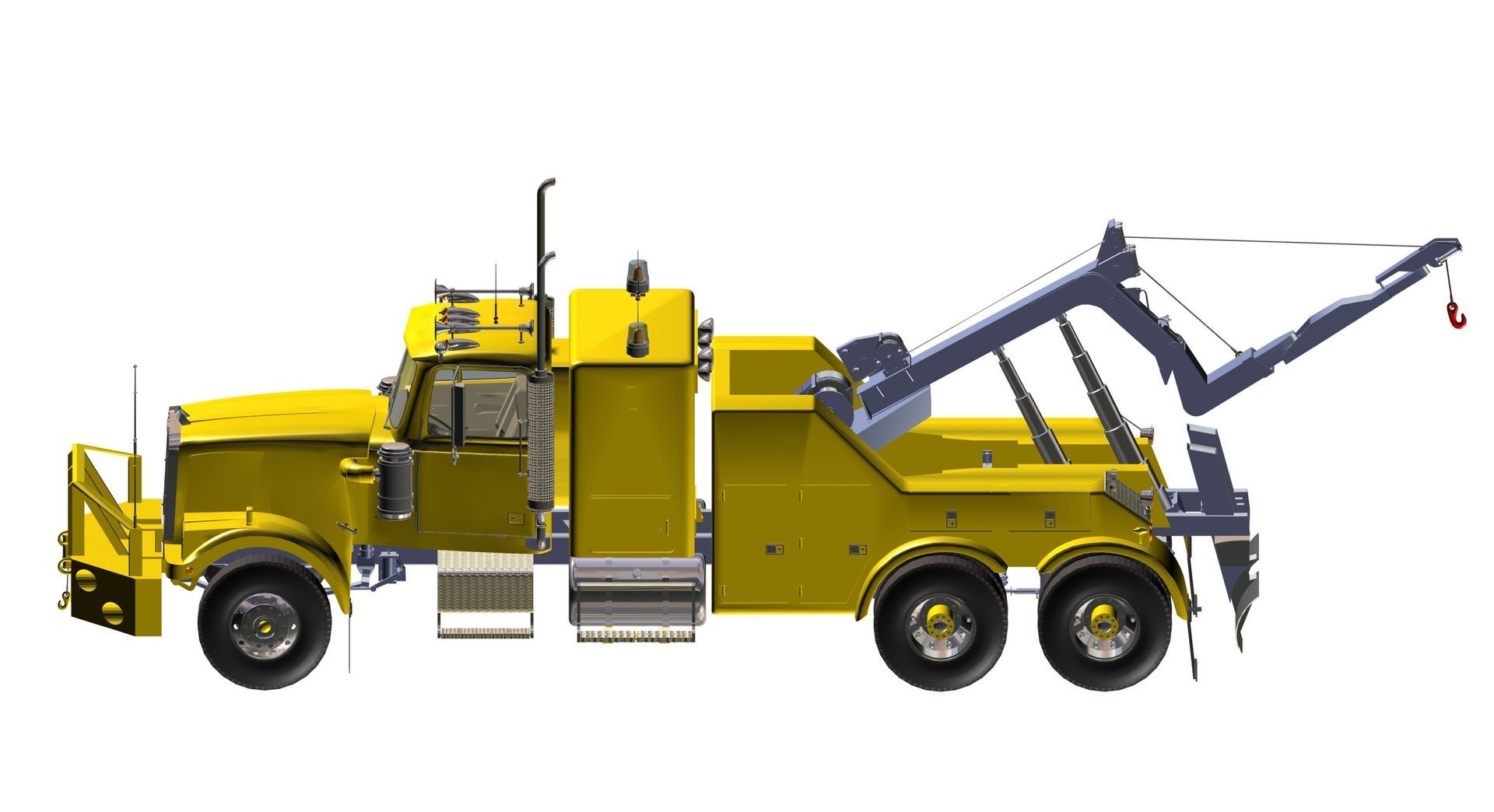

Share On: